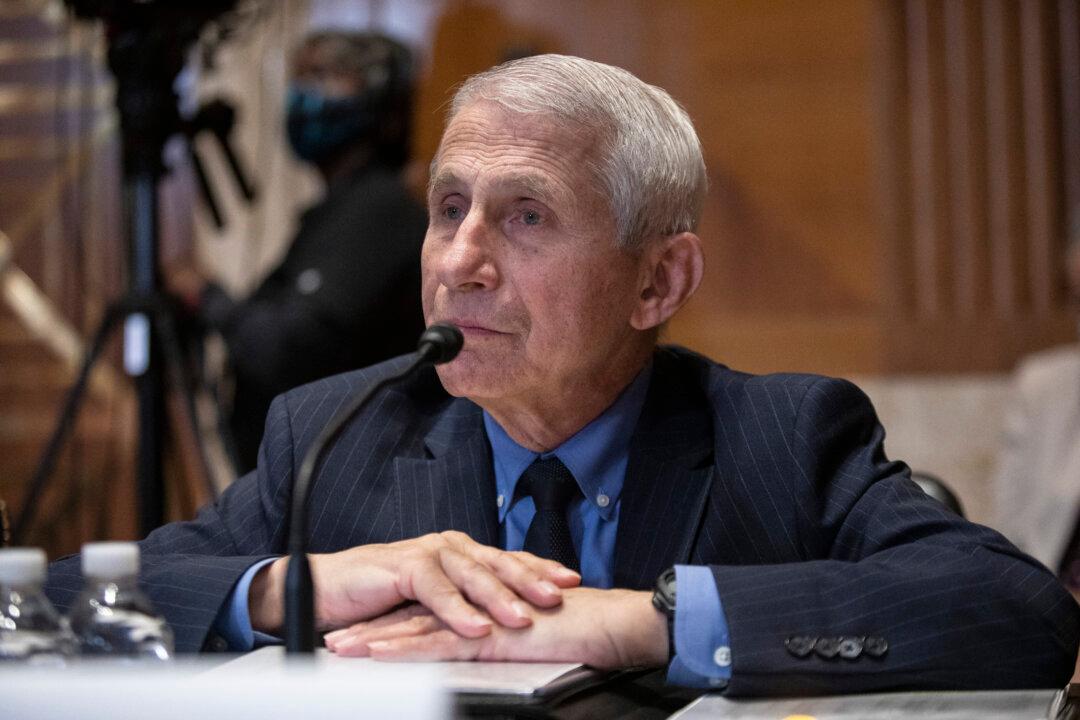Commentary
A lawsuit against the federal government—Anthony Fauci in particular—from the Attorneys General of Missouri and Louisiana has been brewing for a good part of the summer of 2022. The issue concerns the censoring of certain high-level experts on social media, three of whom are senior scholars of the Brownstone Institute. We know for sure that this censorship began early in the pandemic response and included exchanges between Fauci and then head of NIH Francis Collins, who called for a “quick and devastating takedown” of the Great Barrington Declaration.





